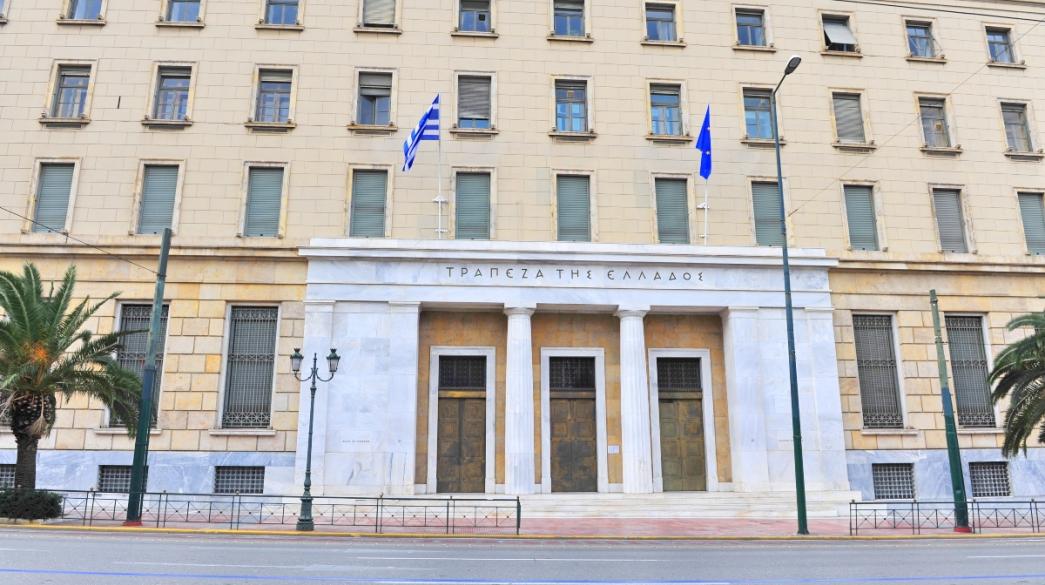The European Central Bank's Single Supervisory Mechanism (SSM) has rejected a key term of Greece's Hercules plan, a proposal aimed at helping banks reduce bad loans, casting doubts over the future of the scheme, sources have told Business Daily.
In its assessment of the Hercules plan, the SSM has decided that the only way for state guarantees on bad loans being securitized to carry zero risk - as demanded by lenders to take part in the plan - is for Greece to commit respective cash amounts.
With state guarantees on the plan estimated to be worth 9 billion euros, then Greece would be forced to dip its hand into the cash buffer put together to meet future debt obligations.
This is a key part of the scheme as Greek lenders have specified that it is too costly for them to participate in it unless the state guarantees are rated as zero risk-weighted assets (RWA).
"If the SSM does not give a zero RWA, then the numbers do not add up and transactions on the Hercules plan cannot be held, making it useless," says a banking official.
Bank of Greece refused to comment on the news, while officials at Greece's Finance Ministry have denied any problems arising on the Hercules plan.
The assessment by the SSM has raised concerns among government officials about the future of the plan, prompting them to ask for technical assistance from the Bank of Greece, without committing cash to the proposal.
Legislation on the proposal has yet to be prepared, which means that there is time to make the necessary changes, on the condition that they will be cleared by the SSM and competition authorities.
Officials from the Bank of Greece, with the involvement of governor Yannis Stournaras, have started efforts to save the proposal. The news confirms previous reports from Business Daily, highlighting the lack of communications between Deputy Finance Minister George Zavvos, who is in charge of the Hercules scheme, with all parties involved.
Sources say that the SSM has been left in the dark on the plan since summer despite continually asking for clarification emails that went unanswered by Zavvos. The deputy finance minister kept working on the proposal while ignoring the regulator in a stance that bank officials have described as being unprecedented.
YIANNIS PAPADOGIANNIS









